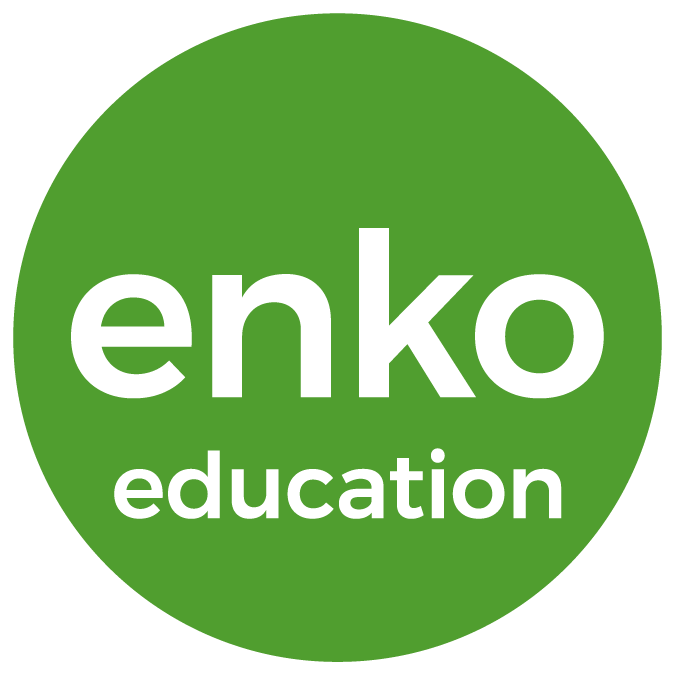Africa pledges incentives to promote investments in education
Speaking at a forum in Nairobi, policymakers, industry executives and academicians stressed the private sector has a crucial role to help meet education for all goal in Africa.
“We must engage businesses closely to enhance delivery of quality education at all levels. The public sector in Africa lacks adequate resources to help expand learning infrastructure,” said Kenya’s Education Cabinet Secretary Jacob Kaimenyi.
He said the education sector in many African countries has attracted massive investments thanks to improved regulatory environment, state incentives and political stability.
Kaimenyi noted that strategic partnership with institutional investors has enabled governments develop and equip learning facilities.
“Provision of quality education and training is capital intensive, but has profound spin-off effects. Industry will gain if it channels investments towards development of human capital,” Kaimenyi told policymakers and entrepreneurs.
The three-day conference is discussing investments on education in East Africa. The forum, which is led by Informa Plc, the largest publicly owned exhibitions and training provider in the world, will also explore how increased investment from the private sector can improve education delivery across in the region.
Kaimenyi said the government has encouraged public private partnerships to promote investments in education and vocational training, noting that the private sector has contributed to 50 percent of enrollment in primary and secondary schools.
“Industry has also invested heavily in mid-level colleges and vocational training institutes. We are encouraging the private sector to support a national research and innovation fund,” said Kaimenyi.
African states must explore creative measures to expand access to formal education and vocational training.
Mompati Peter Maruapula, official at Botswana ministry of education, noted the private sector has complemented governments’ efforts to tackle illiteracy and skills gap.
“We require vibrant state incentives to attract private sector investments in education. Governments have failed to expand learning facilities in remote areas due to budgetary constraints,” Maruapula said.
Majority of African countries allocate 2-5 percent of their GDP to the education sector.
Olumbemiro Jegede, education secretary with Nigeria’s Kogi State, noted that under-investment in the education sector has worsened poverty and social ills across Sub-Saharan Africa.
“A business approach is crucial to boost school enrollment and narrow the literacy and skills gap blighting many African countries,” said Jegede, urging African governments to consider tax rebates in order to encourage private sector investment in education.
“An educated and highly skilled populace is the foundation of socioeconomic progress,” Jegede added. Enditem
Source: spyghana



